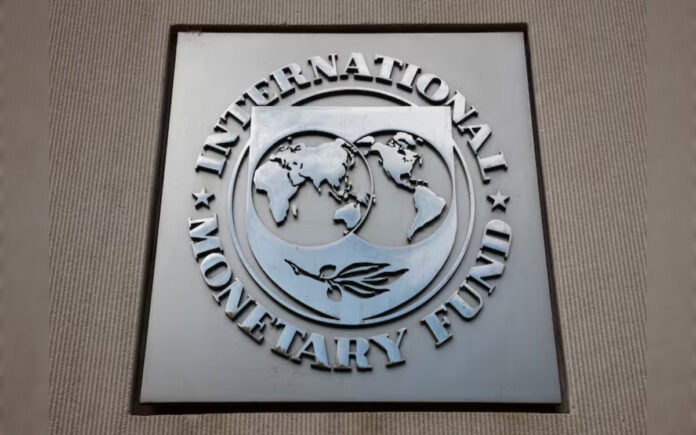Managua: Nicaragua’s economy is projected to grow at around 4% in 2025, maintaining a pace similar to 2024, supported by prudent macroeconomic policies and strong remittance inflows, according to a report released by the International Monetary Fund (IMF) on Friday.
The Central American nation recorded 4.6% economic growth in 2023, but the IMF anticipates a gradual slowdown, with expansion cooling to approximately 3.5% in the medium term. A key factor behind this decline is the expected slowdown in remittances from Nicaragua’s large diaspora, primarily based in the United States.
Remittances and Migration Impact on Economy
Remittances play a critical role in Nicaragua’s economy, accounting for over a quarter of the country’s GDP. However, the IMF noted that declining private investment and labor shortages, driven by accelerating migration, could further weigh on the country’s long-term growth prospects.
The report also pointed to broader risks, stating:
“Going forward, domestic and international political developments, and deterioration of the rule of law may also impact economic performance by potentially increasing the cost of doing business.”
Political Uncertainty and Economic Challenges
The administration of President Daniel Ortega has faced growing international isolation, with human rights groups and United Nations officials raising concerns over an increasing concentration of power and restrictions on freedom of expression. The latest concerns stem from recent constitutional reforms that further tighten state control.
Also Read | Flu Season Worsens in US, Reaching Highest Infection Rate in 15 Years
Ortega’s crackdown on dissent in 2018, following mass anti-government protests, led to widespread accusations of political repression. Critics argue that his administration, now effectively a co-presidency with his wife, Rosario Murillo, has deepened its authoritarian grip through arbitrary arrests and harsh suppression of opposition voices.
IMF Calls for Governance and Fiscal Reforms
The IMF underscored the need for Nicaragua to strengthen the rule of law and judicial independence to bolster investor confidence and economic stability. Additionally, the lender urged the government to address fiscal risks, including pension system reforms, greater transparency, and improved oversight of state-run enterprises.
Also Read | Experts Warn of Risks as Earthquakes Shake Santorini’s Tourism Hub
As Nicaragua faces slowing remittances and mounting governance concerns, its economic outlook hinges on policy reforms that could restore investor trust and stabilize long-term growth.



